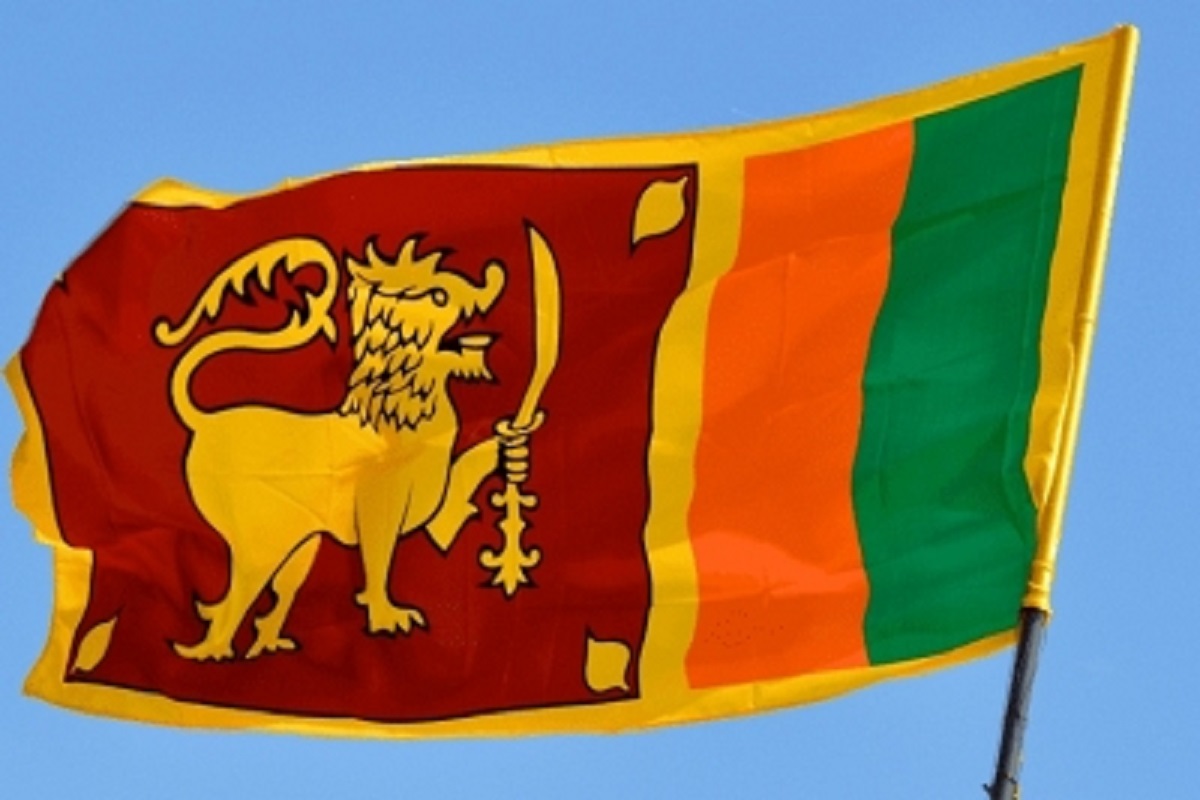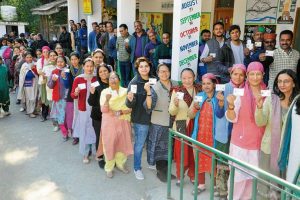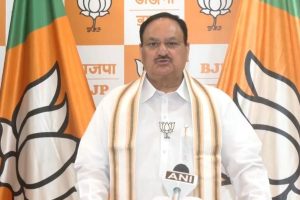It often happens that a crippling economic crisis gets reflected in familial discord. But it is not immediately clear if the decision of the Sri Lankan President, Gotabaya Rajapaksa, to replace his elder brother, Mahinda Rajapaksa, as Prime Minister, is a sign of discord or a calculated move by the family to retain some grip on governance at a time when most citizens want all Rajapaksas out of power. The proposed interim government will, it is hoped, resolve the political impasse caused by the island nation’s worst economic crisis in decades. The President is yet to delve into the roots of the economic blight; his belated initiative, as announced on Friday, is seemingly confined to the level of governance. He has agreed to appoint a national council to name a new Prime Minister and a cabinet made up of all parties in Parliament.
Lawmaker Maithiripala Sirisena, who made the announcement after a meeting with the President, was a governing party lawmaker before defecting earlier this month along with nearly 40 other legislators. This is somewhat akin to recent developments in Pakistan where members of the ruling Pakistan Tehreek- i-Insaf (PTI) defected before the no-confidence motion against Imran Khan was put to vote. Rajapaksa had earlier reshuffled his cabinet and offered a unity government to try and quell the protests, but the opposition refused to join a government that was helmed by the Rajapaksa brothers.
Despite the overwhelming crisis, both the President and the Prime Minister had rigidly held onto their rarefied positions. The dominant crisis reflects on the performance of both, indeed the ruling family in the wider canvas which is seemingly impervious to the groundswell of opposition and the shrill for change. Nearly 1,000 trade unions organised a one-day nationwide strike, demanding the immediate resignation of the government, it’s President and the Prime Minister. “Bow to the people ~ go home” was the central theme of the protesters who represented several sectors, including state services, health, ports, electricity, and education.
In effect, both the Head of State and government have been urged to “go home”. Clearly, the Rajapaksa government is holding onto power when thousands of Lankans are demonstrating on the streets of Colombo and further afield. Last Thursday’s strikers gave the government a week to resign. Banking was thrown out of joint and public transport was crip- pled. Plantation workers from the “central hills” region also joined the strike in thousands.
As the Rajapaksa family desperately jockeys to retain some grip on governance, the patience of the people who see them as the villains responsible for Sri Lanka’s economic mess has reached a breaking point. The reason is that in popular perception, the Rajapaksas seem keener on ensuring their continuance ~ in any form ~ in government than on addressing economic issues. Cosmetic changes may be targeted at defusing the political crisis but are unlikely to have a lasting impact. It is economic wounds that need a salve, and Sri Lankans seem to have reached a point where they believe the cure ~ any cure ~ cannot be offered by the Rajapaksas.











